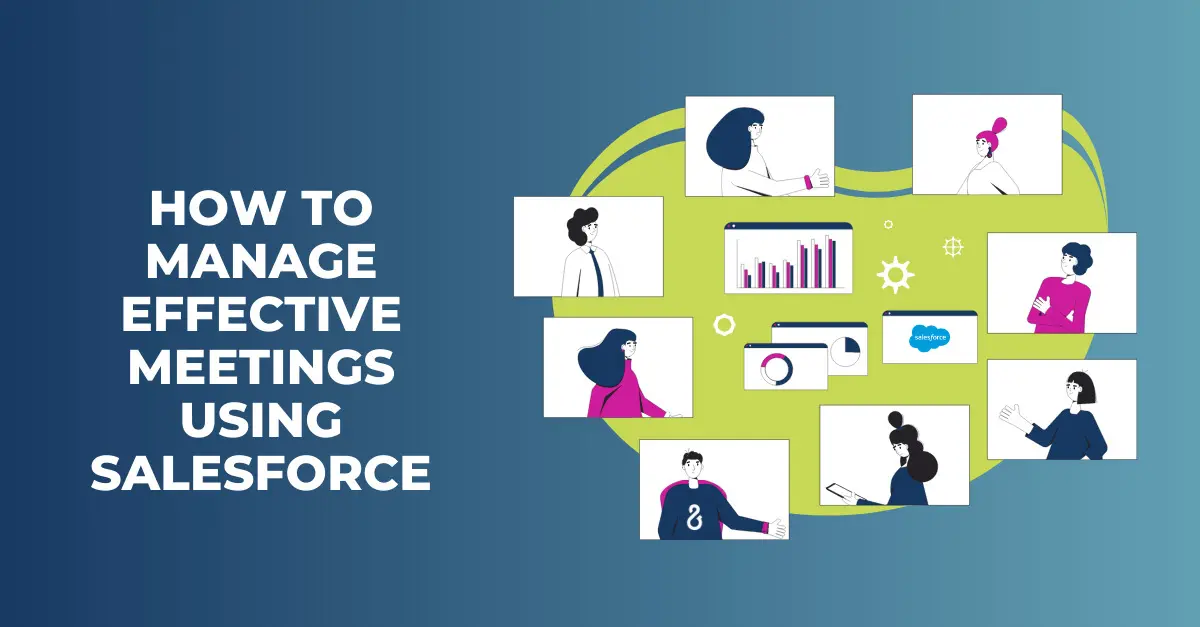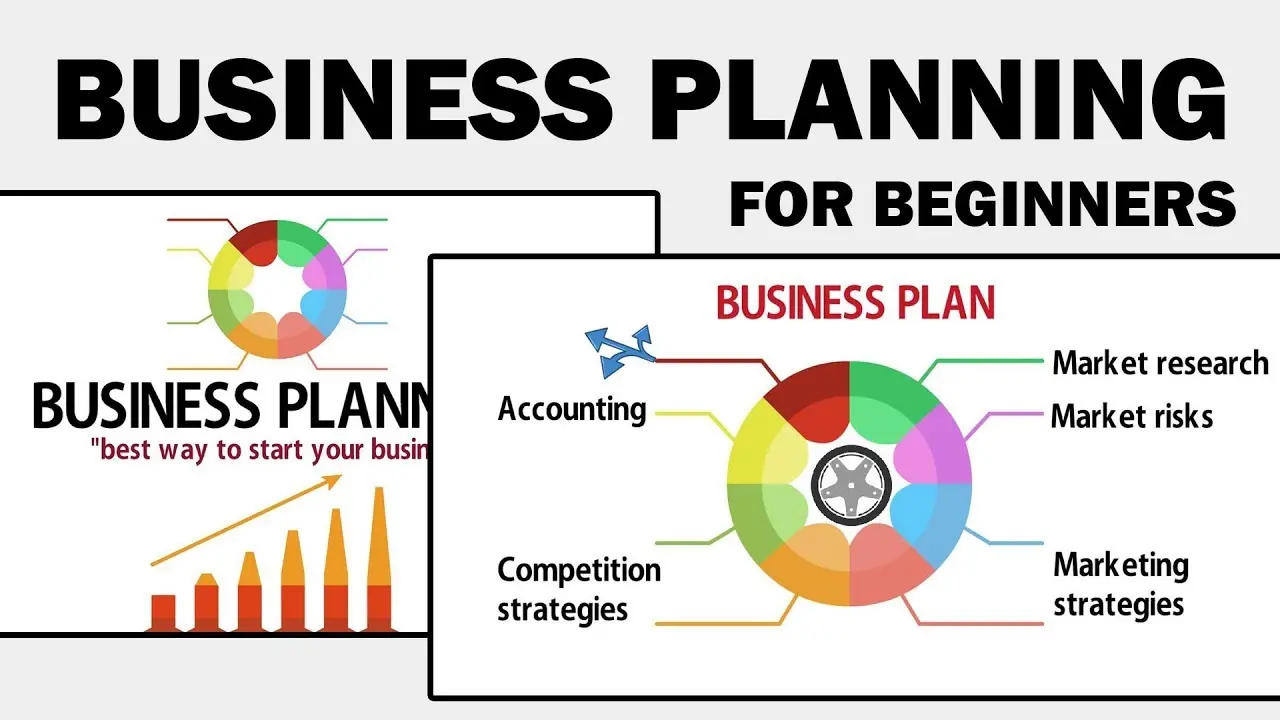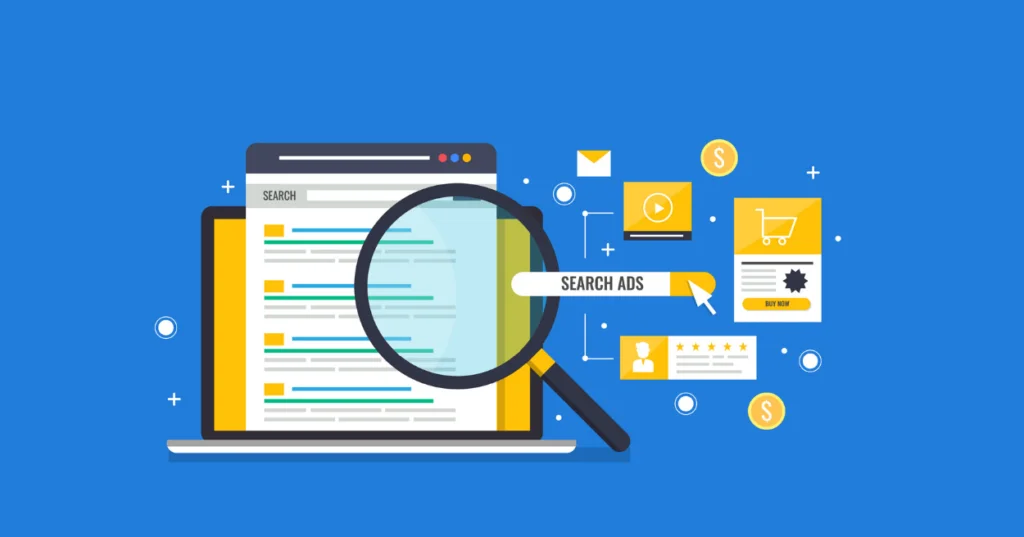Mastering Customer Management: How to Utilize Salesforce Effectively

Introduction:
In the fast-paced world of customer relationship management (CRM), utilizing Salesforce effectively can be a game changer for businesses aiming to enhance their relationships with customers. As one of the leading CRM platforms, Salesforce offers a multitude of tools designed to streamline communications, improve customer service, and boost sales. This blog post explores various strategies to harness the full potential of Salesforce, ensuring businesses can leverage the platform to its maximum capability.
Table of Contents
Harnessing the Power of Salesforce for Enhanced Customer Engagement
Understanding Salesforce’s Core Features
Before diving into specific strategies, it’s crucial to understand the core functionalities of Salesforce that support customer relationship management:
- Lead and Contact Management: Track all customer interactions and status changes to understand your sales funnel better.
- Sales Opportunity Management: Monitor deals in progress and adjust strategies accordingly to improve close rates.
- Customizable Dashboards and Reports: Create and view customizable reports for real-time data analysis and decision-making.
Integrating Salesforce with Marketing
To effectively use Salesforce, integrating it with your marketing efforts can lead to more cohesive strategies and improved customer interactions:
- Email Marketing Integration: Use Salesforce to segment your audience and tailor marketing campaigns that resonate on a personal level.
- Social Media Tools: Leverage Salesforce’s social media integrations to enhance customer engagement and response times.
Strategies to Maximize Salesforce for Customer Relationship Management
Optimizing Data Management
- Centralize Customer Information: Ensure all customer data is integrated into Salesforce for a unified view of each customer, enhancing personalized service delivery.
Improving Customer Service with Salesforce
- Case Management: Utilize Salesforce to track customer issues from inception to resolution, ensuring every customer feels heard and valued.
- Automated Responses: Set up automated workflows to provide quick responses to customer queries, improving response time and customer satisfaction.
Enhancing Sales Strategies
- Lead Scoring: Use Salesforce to score leads based on their activities and engagement, focusing efforts on the most promising prospects.
- Sales Forecasting: Salesforce’s analytics tools are employed to predict sales trends and prepare more accurate forecasts.
Advanced Utilization of Salesforce Features
Customization for Unique Business Needs
- Custom Apps: Develop custom Salesforce apps to address specific business processes unique to your company.
- Third-party Integration: Integrate with other software tools used by your business to enhance functionality and streamline operations.
Leveraging Artificial Intelligence
- Einstein AI: Incorporate Salesforce’s Einstein AI to automate data entry, predict customer behaviour, and provide insights that help personalize customer interactions.
How Businesses Can Utilize Salesforce
Lead Management

With over 150,000 companies using Salesforce’s services worldwide, it’s clear that this CRM powerhouse is reshaping the framework of small business management. But what exactly are the benefits of Salesforce for small businesses? Let’s explore.
- Capture, track, and nurture leads effectively through Salesforce’s lead management features.
- Assign leads to sales reps, track lead status, and prioritize follow-ups for maximum conversion.
- Automate lead qualification and routing processes to ensure leads are handled efficiently.
Opportunity Management

- Manage and prioritize sales opportunities with Salesforce’s opportunity management tools.
- Track pipeline stages, forecast revenue, and identify critical sales opportunities for focus.
- Set up alerts and reminders for timely follow-ups and ensure every opportunity runs smoothly.
Reporting and Analytics

- Gain insights into sales, marketing, and customer service performance with Salesforce’s reporting and analytics tools.
- Create customizable reports and dashboards to visualize key metrics and trends.
- Analyze data to identify opportunities for improvement and make data-driven decisions.
Customize and Integrate

Salesforce is notably customizable in terms of adapting the platform to your company’s specific needs. Its wide array of features and capability to customize those features make it very intuitive for organizations with specialized needs.
Tailoring your Salesforce implementation to simplify individual business processes will help you maximize your Salesforce ROI. One way you can do this is by integrating Salesforce with other compatible platforms that you already use. A few examples of platforms that can be integrated into Salesforce are:
- Slack
- Google Suite
- DocuSign
- Dropbox
Frequently Asked Questions (FAQs) About Utilizing Salesforce Effectively
Q: What features in Salesforce are most beneficial for tracking customer interactions?
A: Salesforce offers several features to track customer interactions effectively, including the Activity Timeline for viewing past interactions and the Advanced Reporting tools to analyze trends and patterns in customer behaviour. Utilizing the Salesforce Service Cloud also provides detailed case management capabilities that log every customer interaction, ensuring everything is noticed.
Q: Can Salesforce automate customer service processes?
A: Yes, Salesforce can automate various customer service processes through its Service Cloud. Features like automated case routing, escalation rules, and auto-response emails help streamline operations and ensure customers receive timely, relevant assistance. Additionally, Salesforce’s AI tool, Einstein, can predict customer needs and automate responses based on customer behaviour data.
Q: How does Salesforce integrate with social media to improve customer relationships?
A: Salesforce integrates with social media platforms through its Marketing Cloud, allowing businesses to listen, engage, and respond to customers across social channels. This integration enables companies to monitor brand mentions, engage with posts, and analyze social media interactions to understand customer sentiments and preferences better.
Q: What role does Salesforce play in personalizing customer interactions?
A: Salesforce plays a crucial role in personalizing customer interactions by providing a 360-degree view of the customer. This is achieved through detailed customer profiles that include interaction history, purchase data, and personalized customer journeys. Marketers can use this data to tailor communications and offers, making each interaction more relevant and personal.
Q: How can Salesforce help in resolving customer complaints more efficiently?
A: Salesforce’s Service Cloud features a comprehensive case management system that helps businesses resolve customer complaints more efficiently. The platform allows for tracking and managing customer issues from start to finish, providing tools such as workflow automation, escalation management, and collaboration tools to ensure that customer issues are resolved quickly and efficiently.
Q: Does Salesforce provide analytics to measure customer satisfaction?
A: Yes, Salesforce provides powerful analytics tools that can help measure customer satisfaction. The platform’s analytics capabilities allow businesses to create custom reports and dashboards that track customer satisfaction scores, feedback, and service resolution times. Insights gained from these analytics can be used to improve service strategies and enhance overall customer satisfaction.
Q: How can Salesforce improve customer retention rates?
A: Salesforce improves customer retention rates by enabling more personalized and proactive customer interactions. By analyzing customer data and behaviour, Salesforce helps businesses predict customer needs and provide timely solutions. Features like automated follow-ups, customized marketing campaigns, and loyalty program management all contribute to higher customer retention rates.
Q: What training resources does Salesforce offer to help businesses utilize the platform effectively?
A: Salesforce offers a comprehensive suite of training resources through its online learning platform, Trailhead. Trailhead provides modules and paths specifically designed to help users at all levels—from beginners to advanced—learn how to utilize Salesforce features effectively. The platform includes hands-on challenges, video tutorials, and community support to help businesses maximize their CRM investment.
By exploring these FAQs, businesses can gain a deeper understanding of how to leverage Salesforce not only to meet but exceed customer expectations, thereby enhancing customer relationships and driving business success.
Conclusion: Maximizing Your Investment in Salesforce
Effectively utilizing Salesforce goes beyond just managing customer data; it involves integrating the platform into all facets of your customer relationship strategy—from marketing to customer service to sales. By following the methods outlined above, businesses can not only improve their customer relationships but also achieve a higher ROI from their Salesforce investment. With Salesforce as a partner in your CRM efforts, you can ensure that every customer interaction is optimized for success, fostering lasting relationships and driving business growth.
Embrace the full potential of Salesforce and transform the way you manage customer relationships today!






